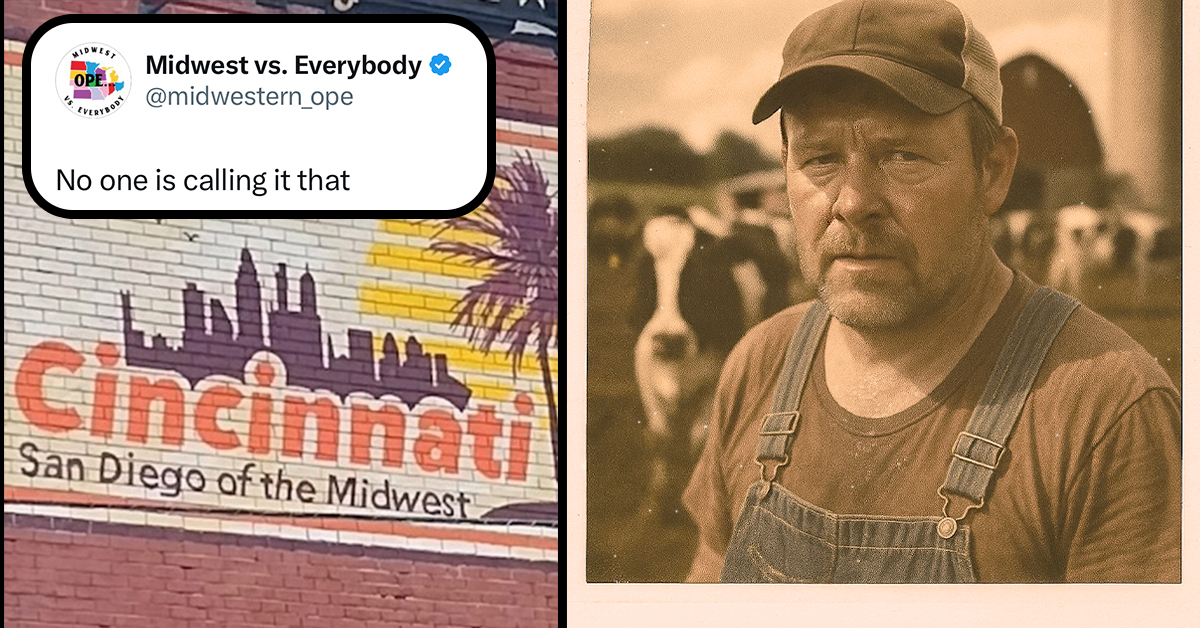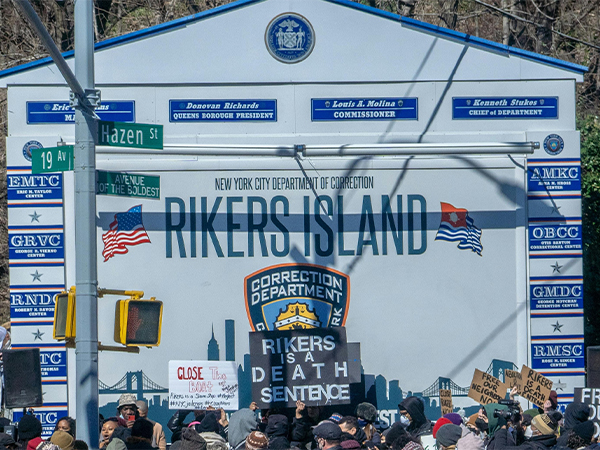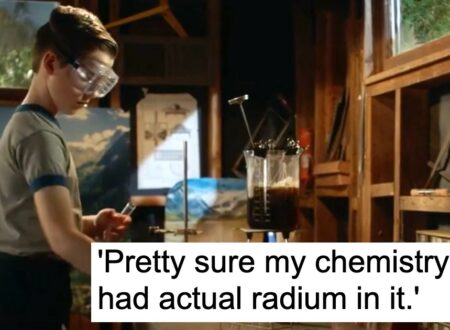Why Colbert’s cancellation is lighting a fire under every late-night host
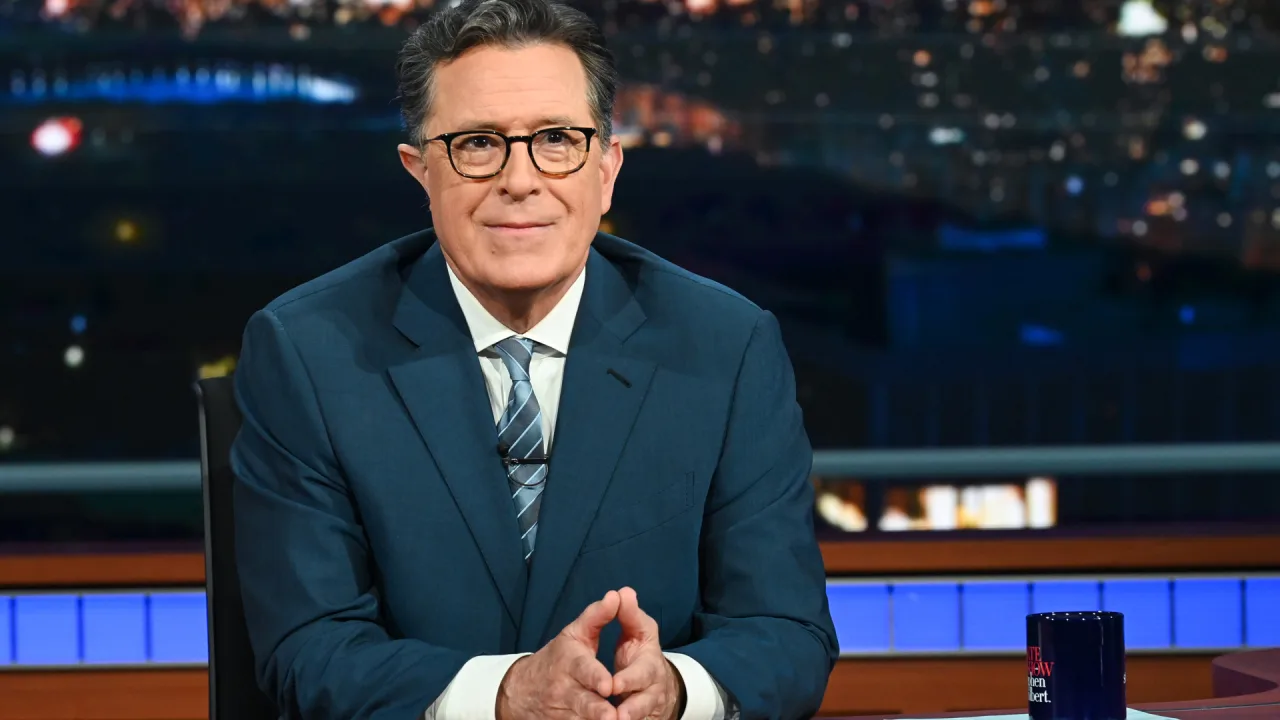
By axing The Late Show With Stephen Colbert last week, CBS not only put an expiration date on TV’s No. 1 late-night talk show—the network also put an enormous target on its own back.
In the days since CBS made the announcement that the show would be ending in May 2026, all current late-night talk show hosts have bound together in a show of support for Colbert. That support has taken the form of savage jokes about CBS, which canceled Colbert’s show just days after he called the $16 million settlement between CBS parent company Paramount and President Donald Trump “a big fat bribe.”
Though Paramount stressed that the cancellation was ultimately a financial decision, the company’s leadership is clearly unconcerned about how it looks to cancel a show led by one of the president’s critics while its $8 billion merger with Skydance is pending before that same president’s Federal Communications Commission chair. But Colbert and his fellow late-night hosts aren’t afraid to say exactly what the show’s pending cancellation looks like—punishment from a corporate parent for putting its business at risk.
If the first show of his precancellation run is any indicator, Colbert is ready to go out the same way he rose to No. 1, by lobbing scathing jokes at Trump and those who help prop him up. And as his show’s demise lays bare the precarious situation late night is in, Colbert’s peers seem ready to enter their DGAF eras as well.
Colbert’s anti-Trump jokes made his show more political
Trump’s election in 2016, just one year into Colbert’s tenure, was crucial to helping the host find his footing. He’d had a bit of a rocky transition from his satirical Comedy Central series, The Colbert Report, which he’d hosted in character as a Bill O’Reilly-like blowhard. It took him some time—and some unprecedented times—to figure out the best way to be himself on TV.
Prior to Trump’s election, the top late-night talk show was The Tonight Show Starring Jimmy Fallon, mainly known for its host’s affable banter with celebrities and goofy party games. Trump’s election seemed to light a fire under late-night TV, though, offering most of the hosts a sense of purpose and more nightly material than they could possibly handle.
As Fallon remained largely apolitical, Colbert pounced. By February 2017, he snatched the top spot of late night for the first time, and then maintained it throughout the following season. Colbert’s peers Seth Meyers and Jimmy Kimmel also grew into their new roles as thorns in the president’s side, while Fallon floundered.
Late night is floundering—especially at CBS
But amid a downturn in ratings, even Colbert’s viewership has softened as time has gone on. Between the political exhaustion that followed the 2020 election and a steady increase in cord-cutting in U.S. households, late-night TV ratings have fallen steadily for five years. Colbert now receives an average of 2.47 million viewers per show, down more than a million from his 2018-2019 peak. Late-night ad revenue fell by half from 2018 to 2024, from $439 million to just $220 million. Even Trump’s return to the White House, with all its attendant chaos, couldn’t entice viewers back to late night this year, with ratings down across the board even from last fall.
CBS has had an especially tough time programming late night. After host James Corden left The Late Late Show in 2023, CBS opted to end the series rather than find a new host, taking a swing by airing the talk show-game show amalgam After Midnight in its time slot. That show ended in June after two seasons, when host Taylor Tomlinson bowed out to focus on stand-up.
Amid the tumult, Colbert and his show’s pole position among his peers seemed like an asset for the network. But given his critique of Paramount’s Trump settlement—which heads off a legal battle over the president’s appearance on 60 Minutes last fall, which he alleged was edited unfairly—Colbert’s cancellation can easily be perceived as a potential additional condition for the merger. Trump has certainly not done anything to assuage that notion, gloating about it on Truth Social over the weekend.
But Colbert and his late-night compatriots are signaling that they’re ready to call it as they see it now that Colbert’s days at CBS are numbered.
How late-night hosts responded
Kimmel was the first of the hosts to respond. In a since-lapsed Instagram story on Saturday, July 19, the host wrote: “Love you, Stephen. Fu*k you and all your Sheldons, CBS” (a nod to the main character from the network’s 12-season hit The Big Bang Theory and its 7-season spin-off Young Sheldon).
Next came Jon Stewart’s righteously irate, f-bomb-heavy monologue on Monday night’s episode of The Daily Show.
While the host admitted the fiscal realities of late-night TV in 2025, comparing it to “operating a Blockbuster kiosk inside of a Tower Records,” he blasted the network for not doing more to save the top show in the format. Stewart concluded that despite those financial challenges, the cancellation was ultimately due to the “fear and pre-compliance that is gripping all of America’s institutions.” He then led a choir and the audience in a chant of “Go fuck yourselves,” aimed at corporations, including Paramount, who have demonstrated fealty to Trump.
Finally, just after The Daily Show came the first episode of The Late Show in what may come to be known as its DGAF era. “The gloves are off,” the host said early on in the episode, and then spent the rest of the runtime giving a preview of what that will look like. Perhaps taking a cue from Stewart, Colbert responded to Trump’s gloating over his cancellation by telling the president, “Go fuck yourself.”
One particular moment from the episode, though, was notable both for its humor and its sprawling show of solidarity. A parade of famous friends including Lin-Manuel Miranda, Weird Al Yankovic, and Adam Sandler showed up for an elaborate bit based on last week’s Coldplay kiss-cam fiasco—and they were joined by Colbert’s peers: Meyers, Stewart, and Last Week Tonight host John Oliver.
All of these hosts standing united in purpose (Jimmy Fallon separately cracked jokes in support of Colbert on The Tonight Show) is a signal that late night is poised to get its biggest jolt since the early days of Trump’s first term. These hosts may be about to crack jokes like there’s no tomorrow, because for the first time in late night’s storied history, there might not be.
What's Your Reaction?
 Like
0
Like
0
 Dislike
0
Dislike
0
 Love
0
Love
0
 Funny
0
Funny
0
 Angry
0
Angry
0
 Sad
0
Sad
0
 Wow
0
Wow
0




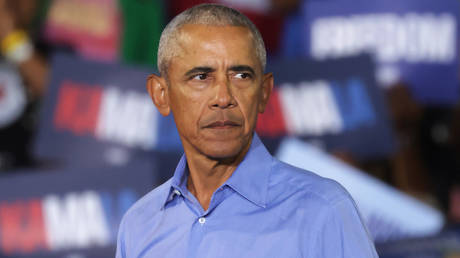
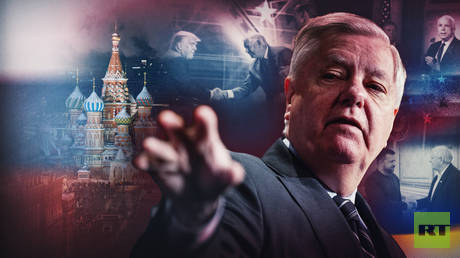
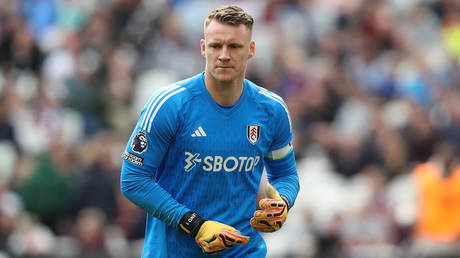
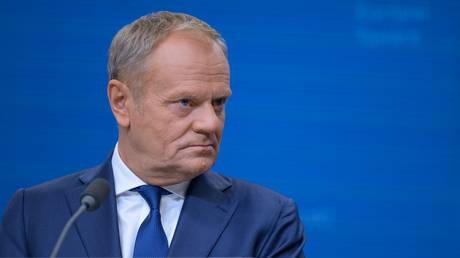



















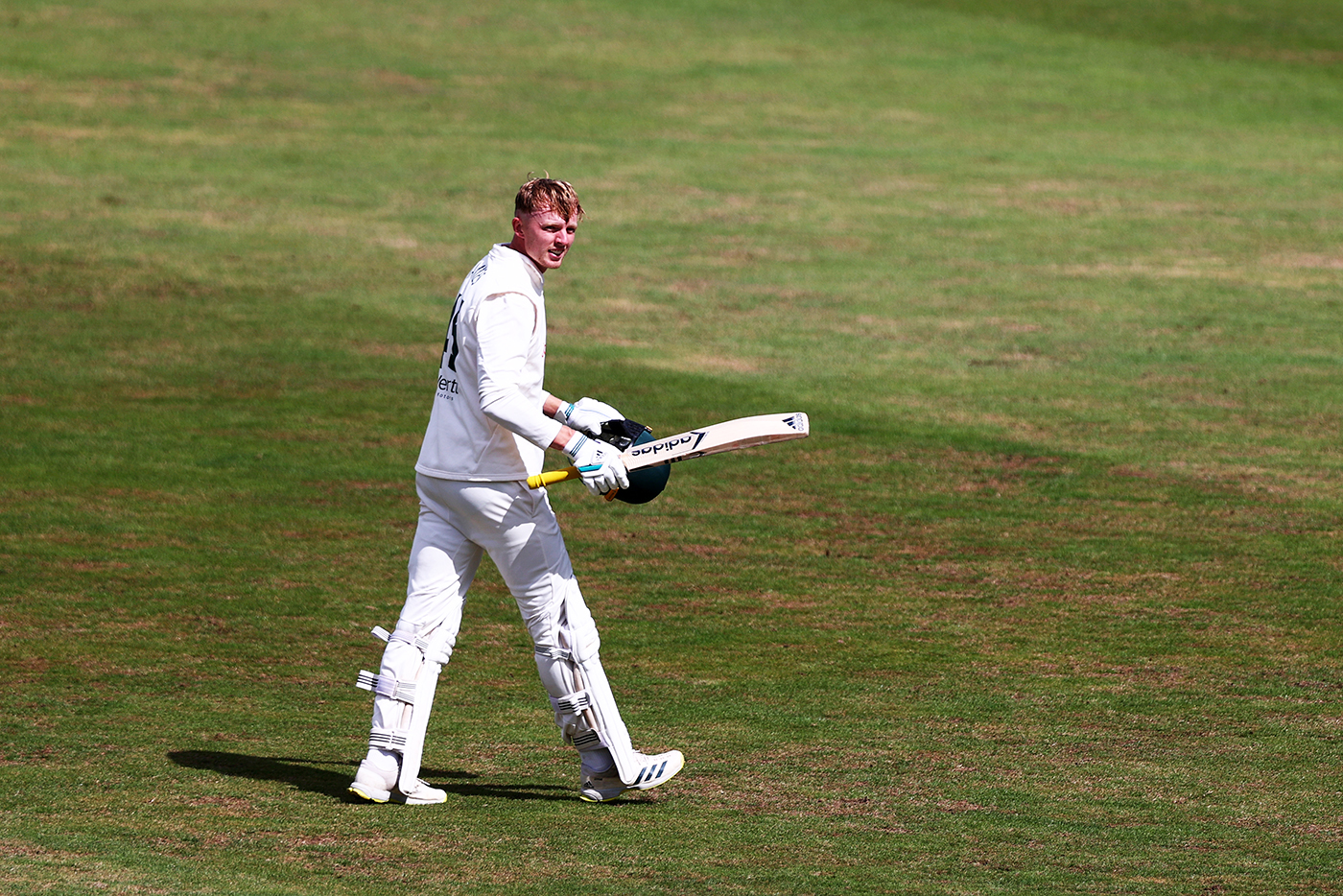



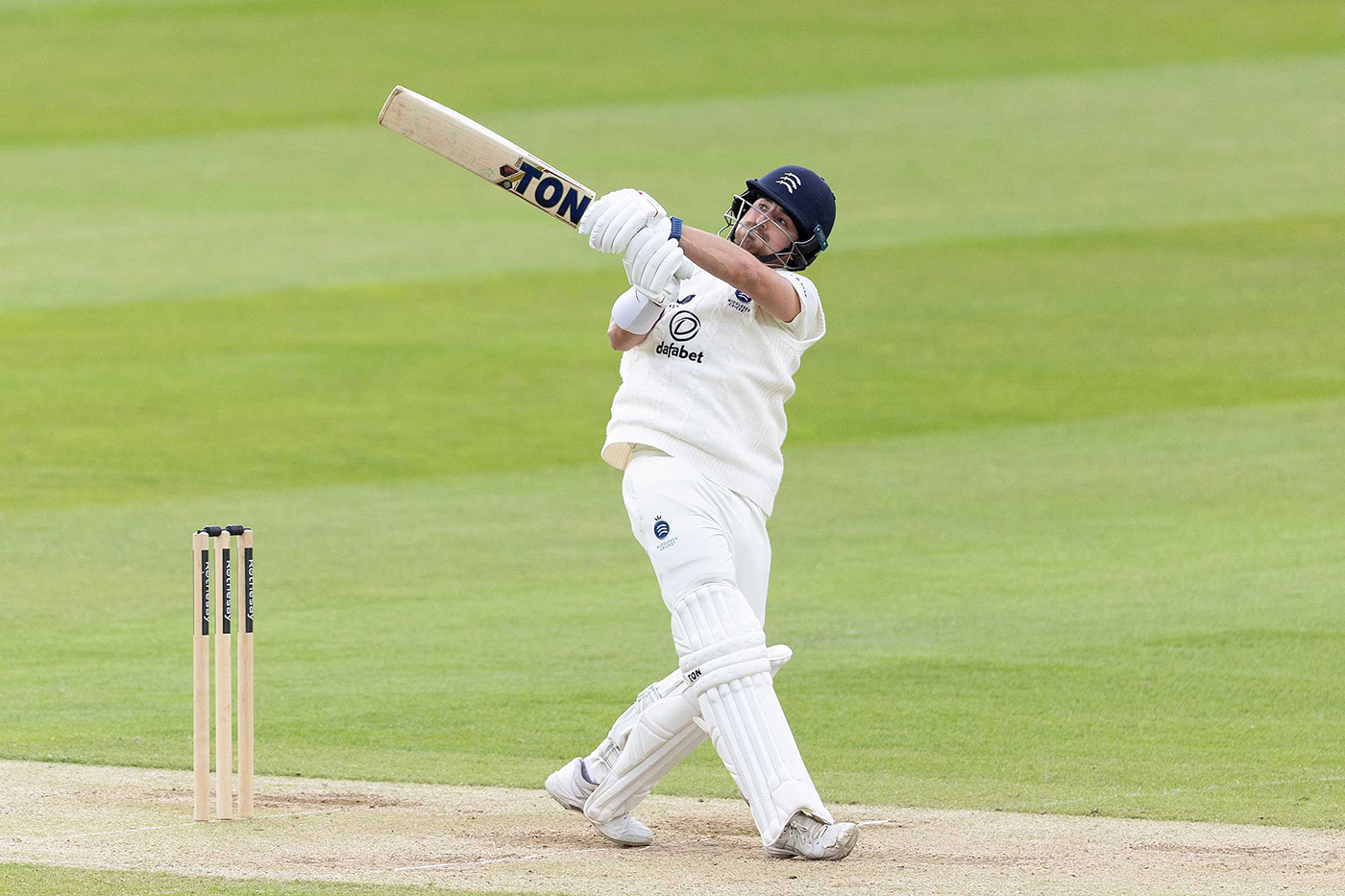

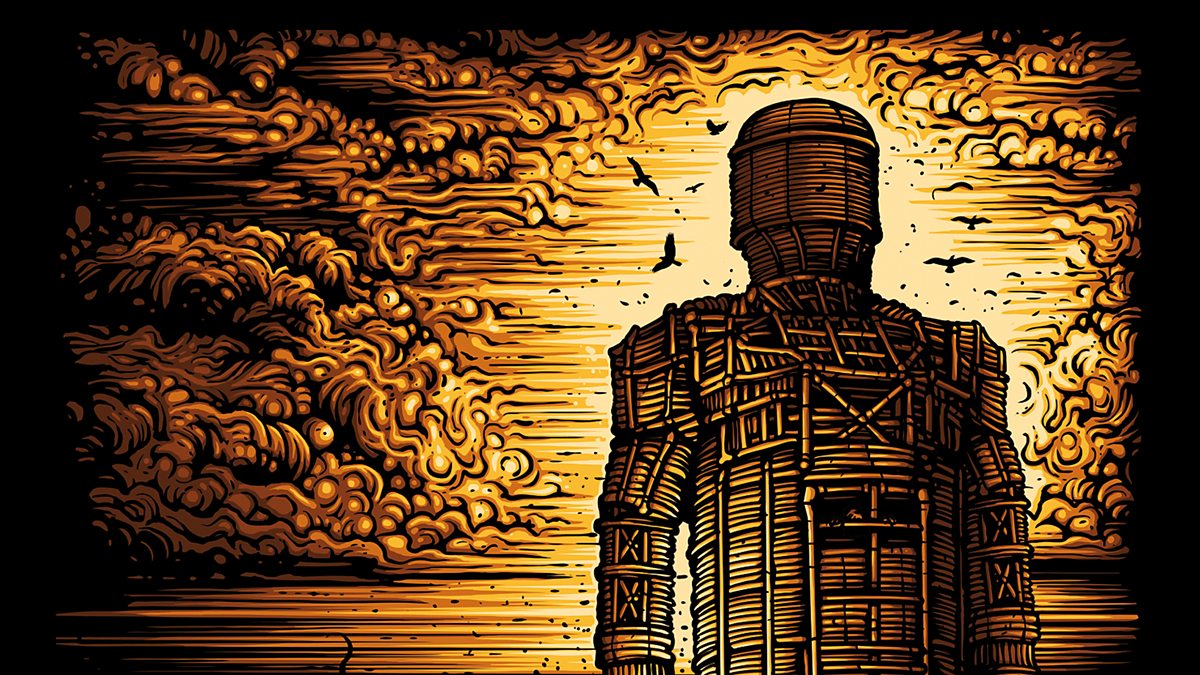
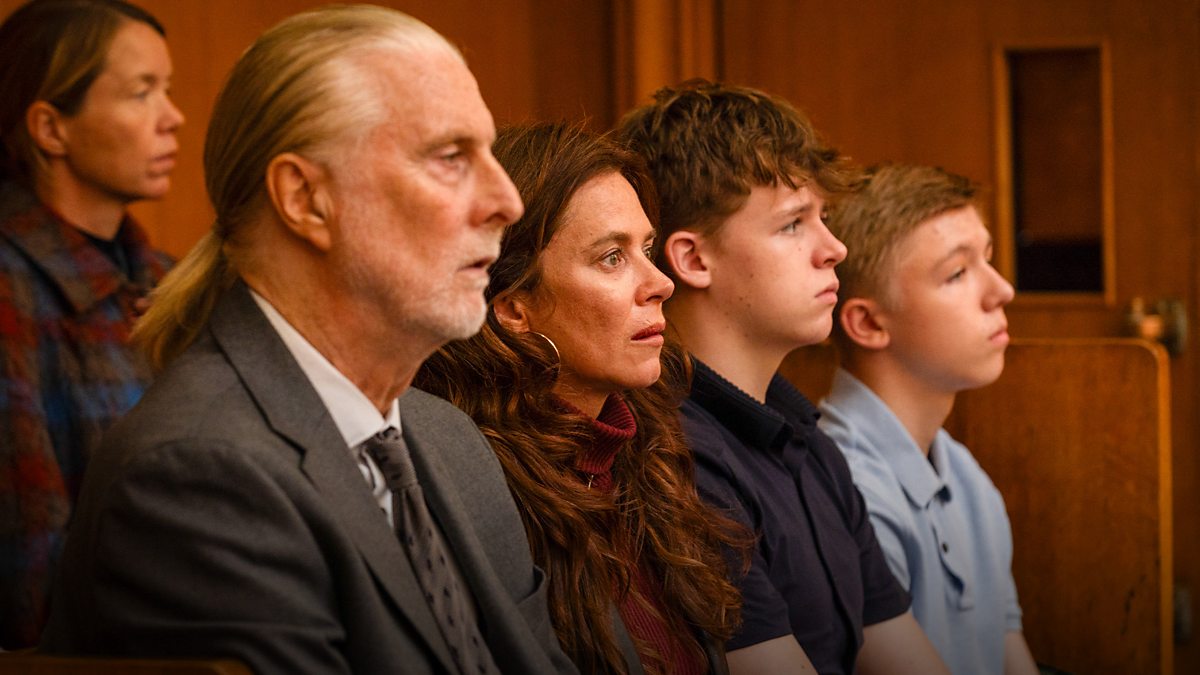

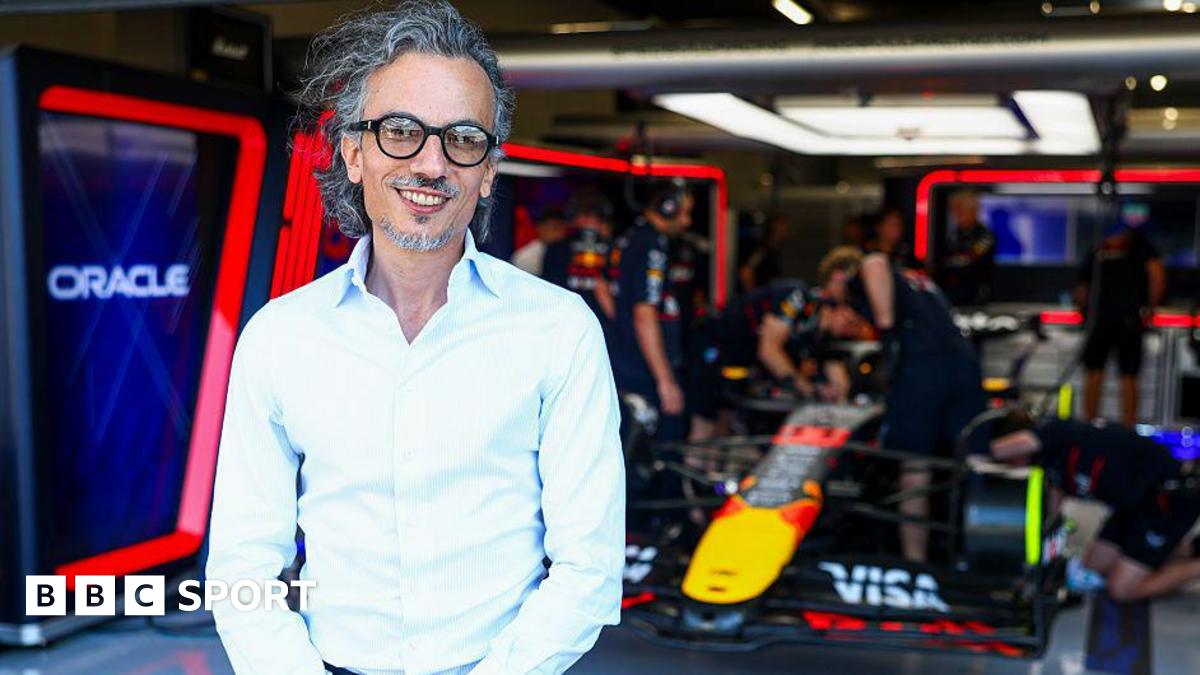
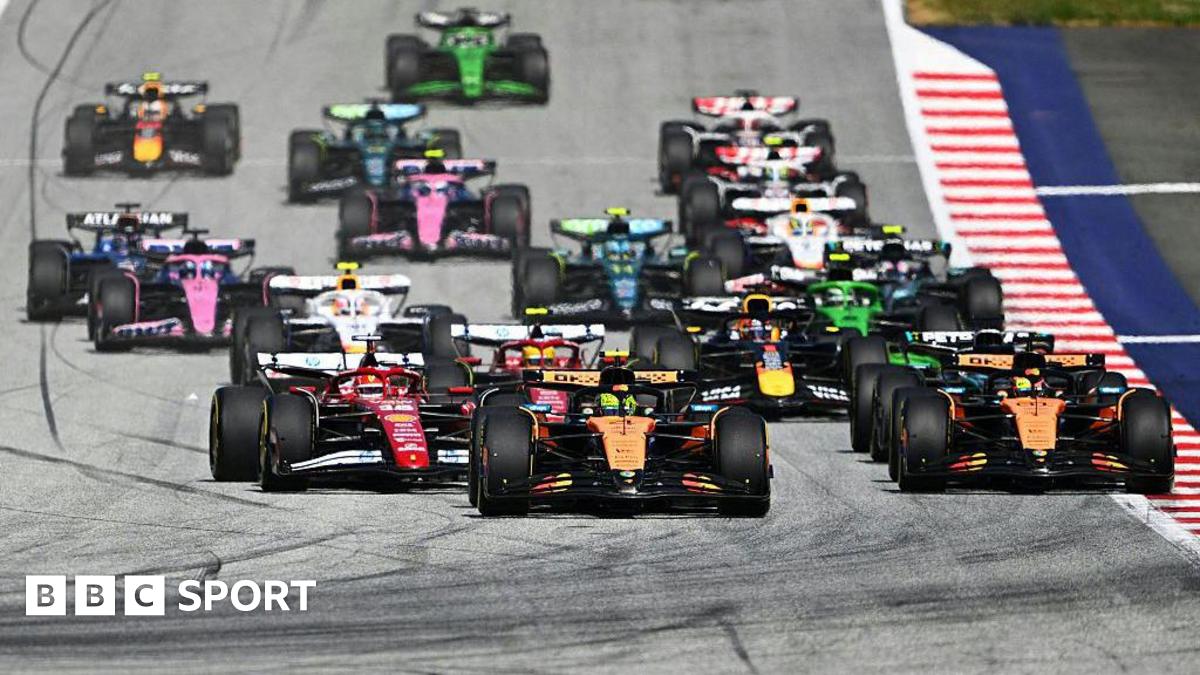
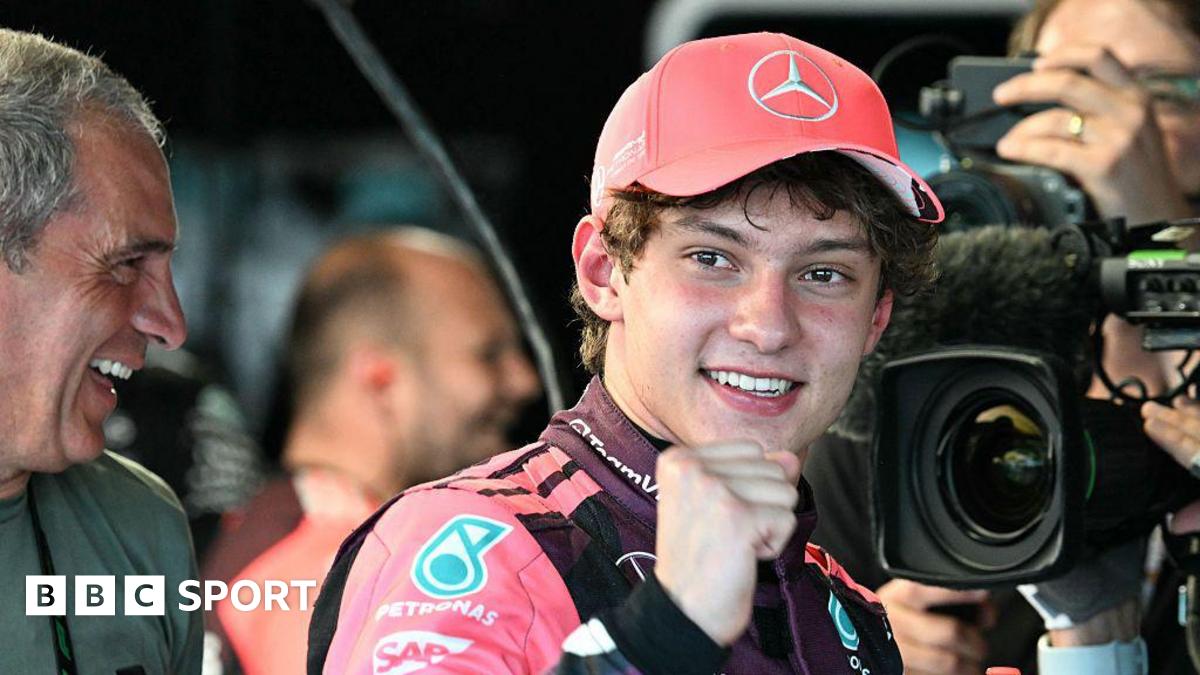

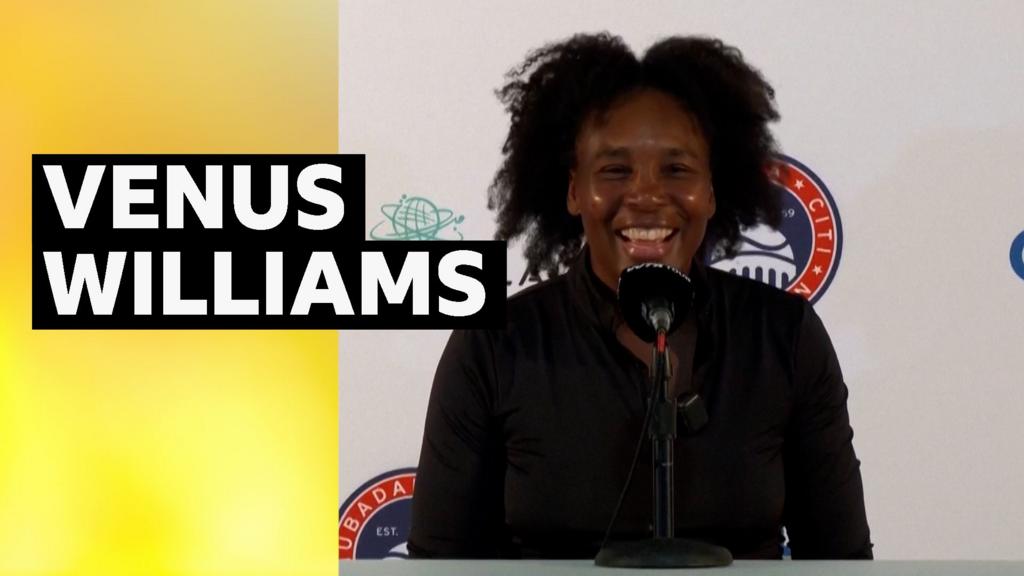

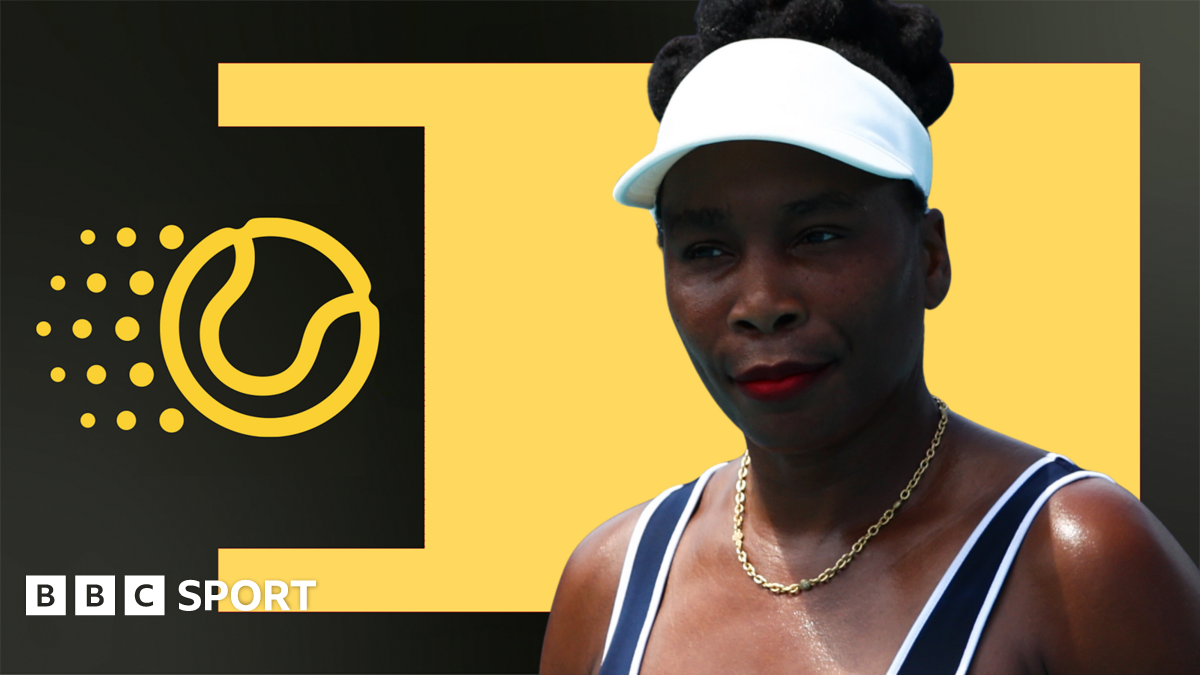
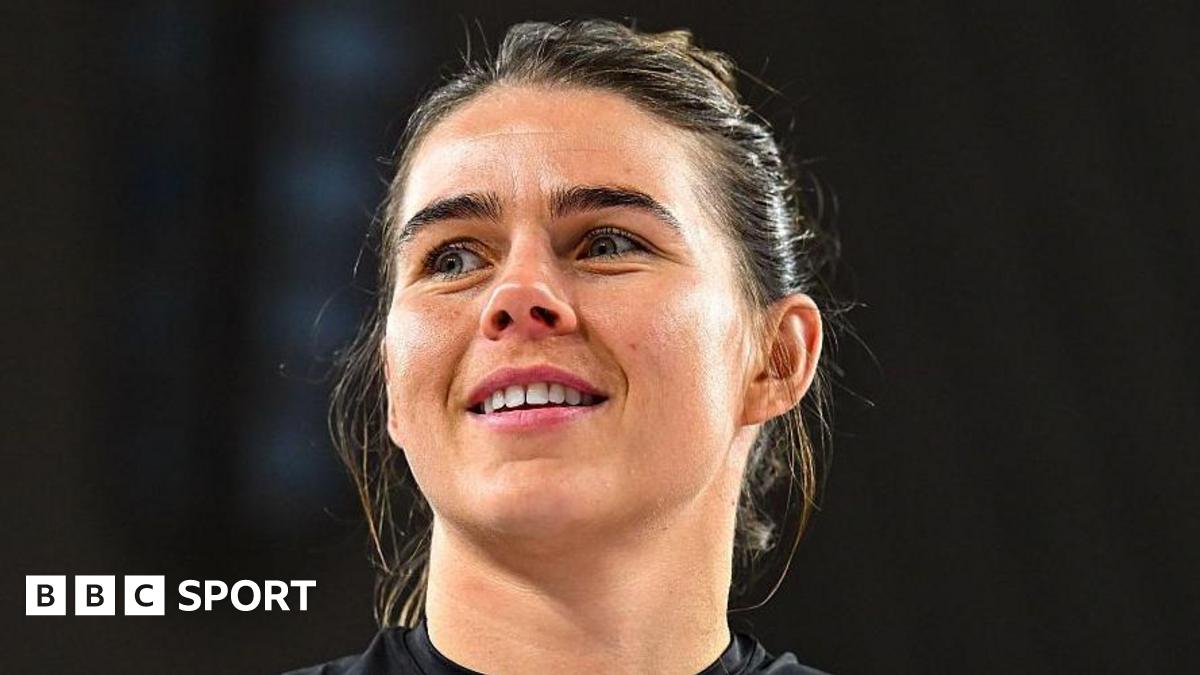
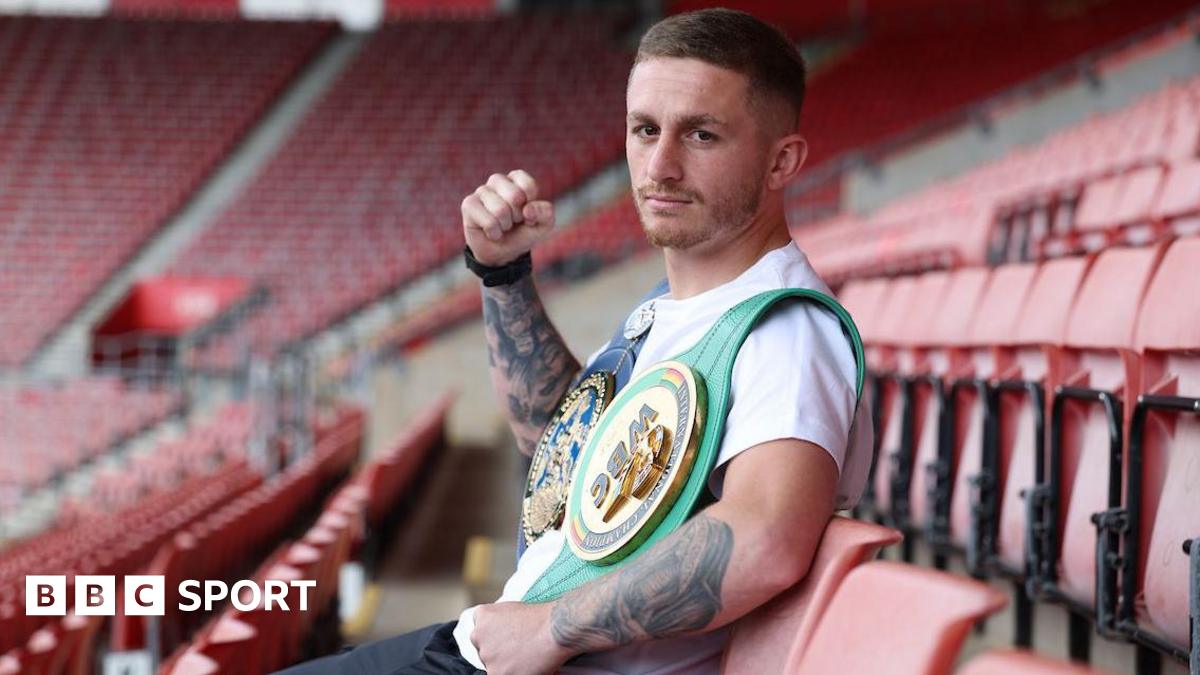
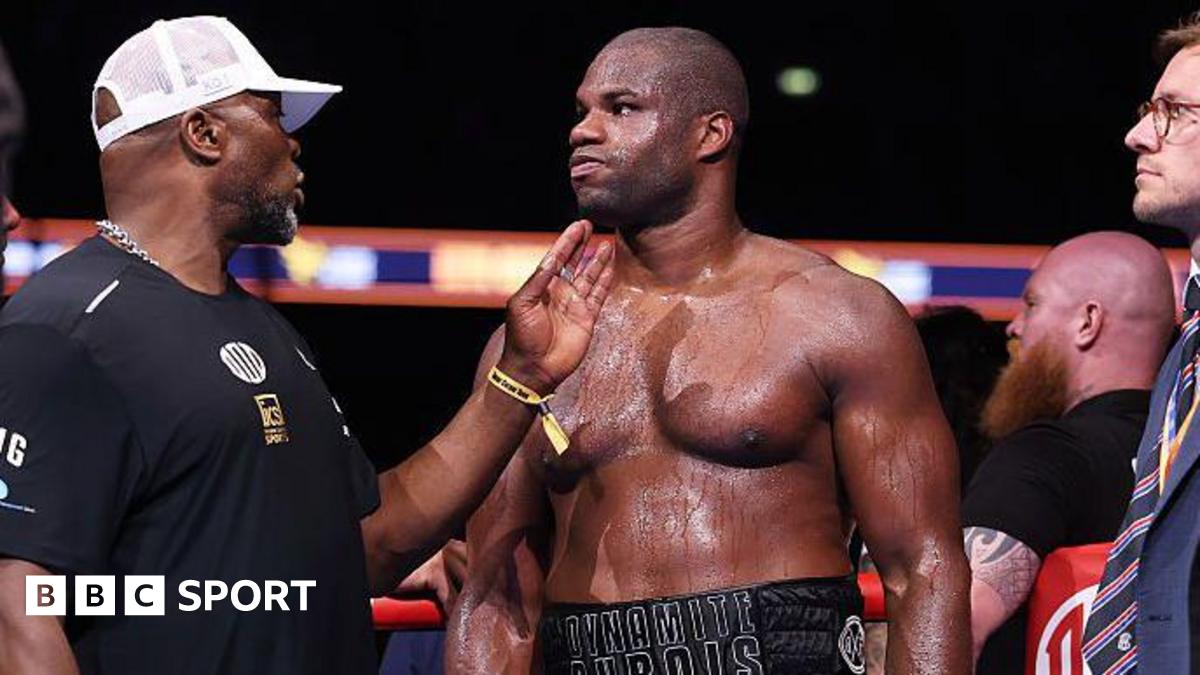
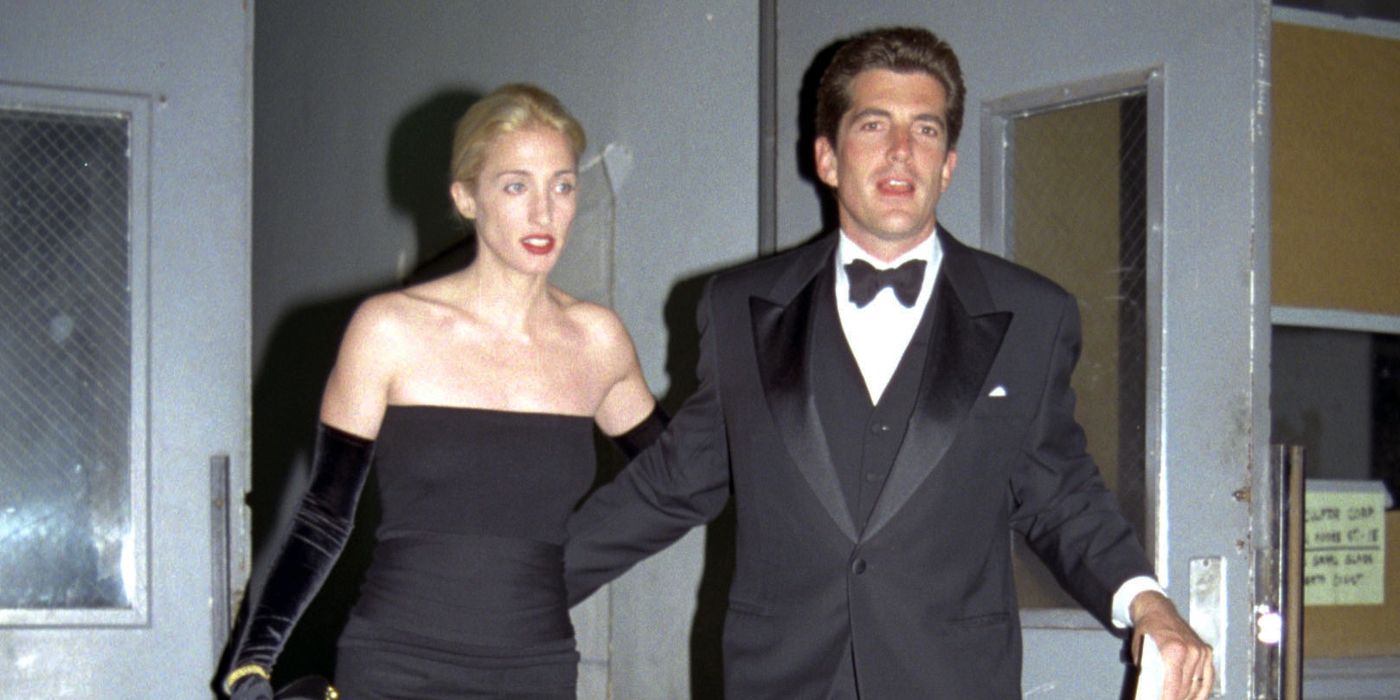
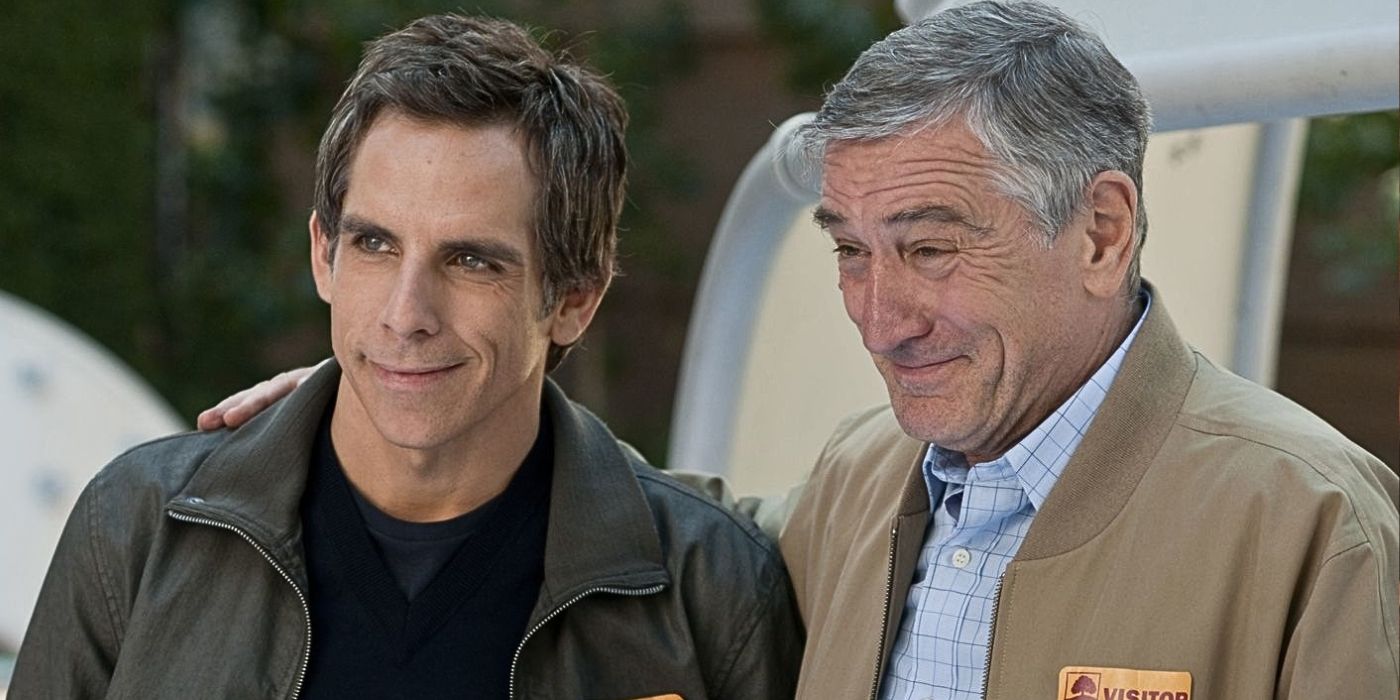
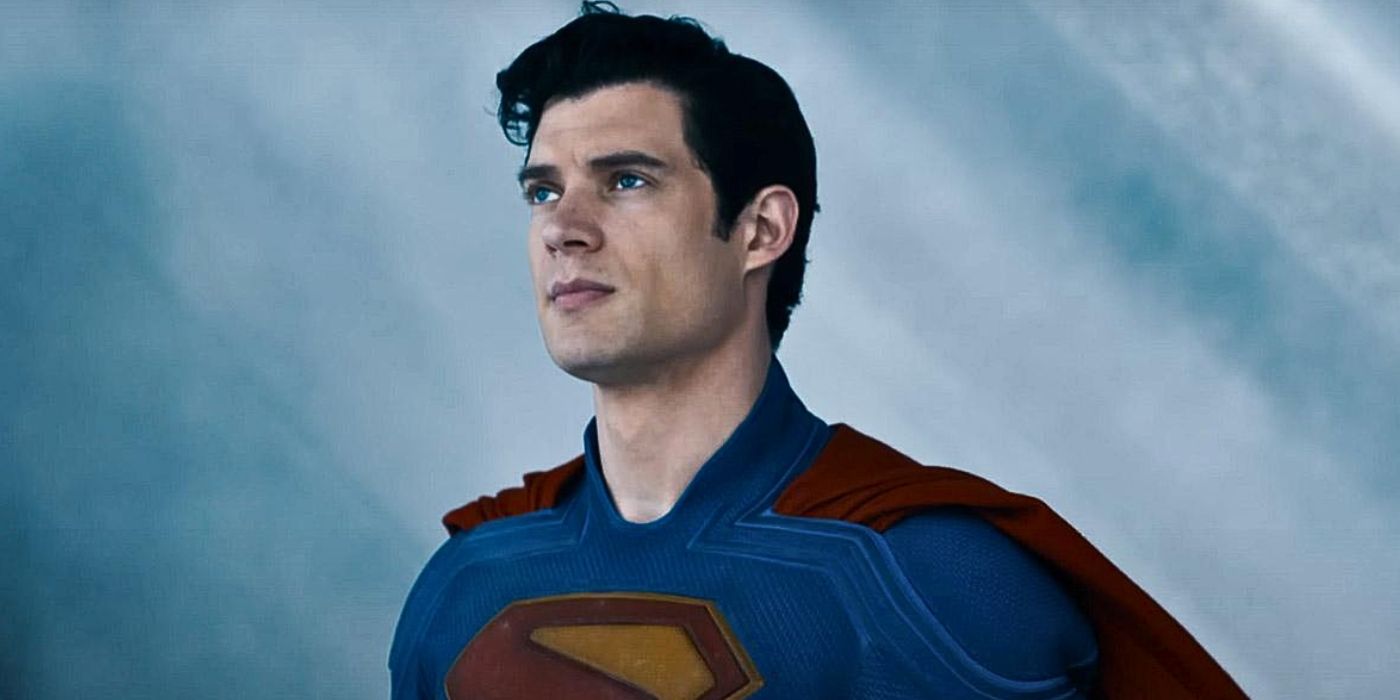
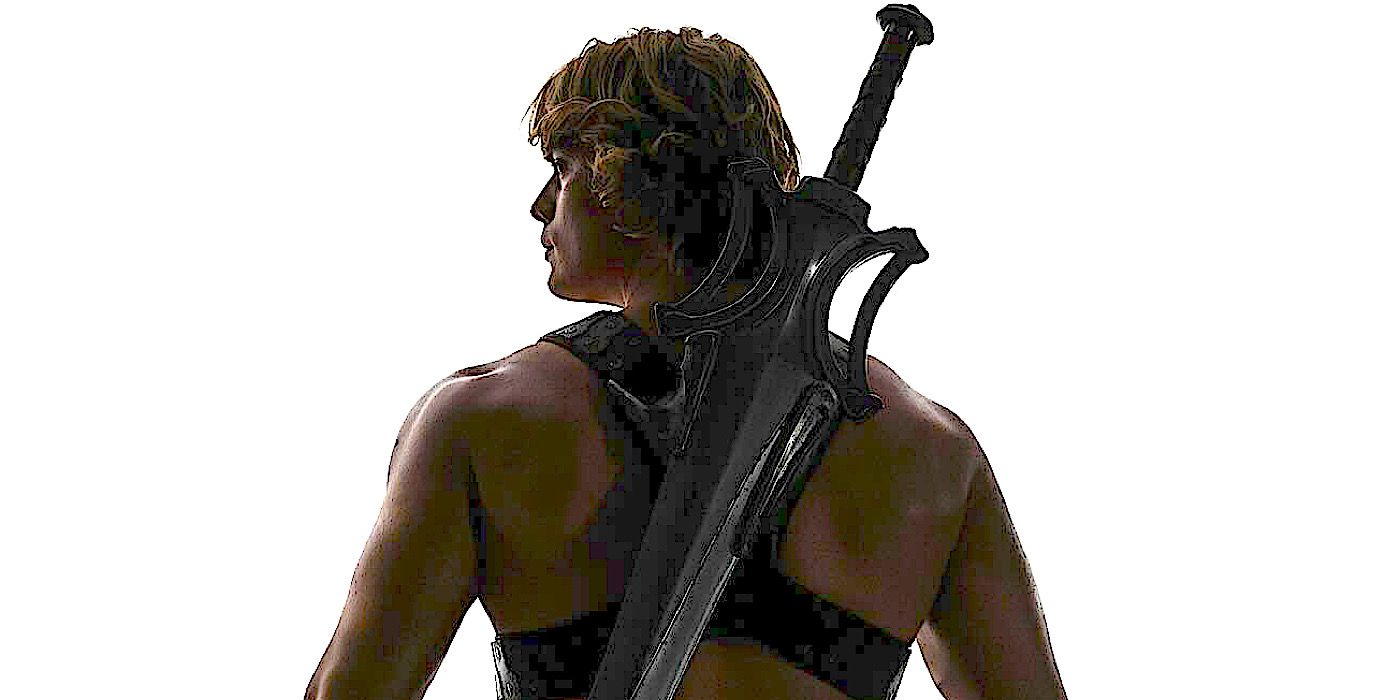

![Gina Zo creates the queer jam of the summer with "I Need to Cry" [Video]](https://earmilk.com/wp-content/uploads/2025/07/Gina-Zo_03photos-by-@justinnayers-800x534.jpg)










